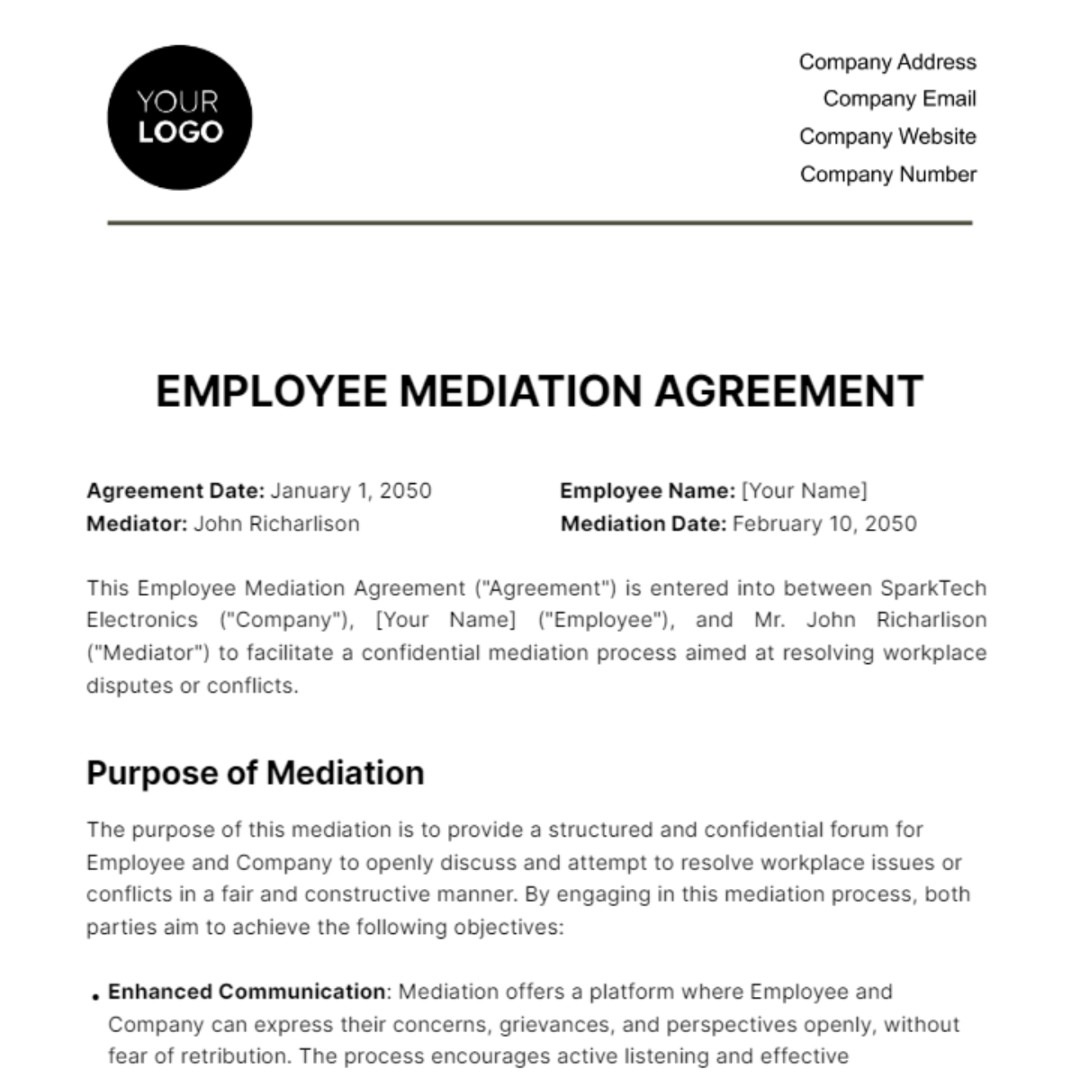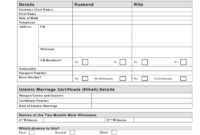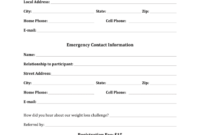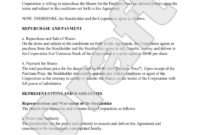Understanding the Mediation Outcome Agreement Template
A mediation outcome agreement, also known as a settlement agreement or mediation settlement, is a legally binding document that formalizes the terms of a settlement reached between parties in a mediation process. It serves as a comprehensive record of the agreement, outlining the specific actions, obligations, and responsibilities of each party involved.

Key Components of a Mediation Outcome Agreement Template
1. Parties Involved: Clearly identify all parties involved in the mediation process, including their full legal names and addresses.
2. Recitals: Provide a brief overview of the dispute that led to the mediation, including the nature of the claims and the parties’ positions.
3. Agreement Terms: Outline the specific terms of the settlement in clear and concise language. This may include:
4. Acknowledgment and Acceptance: Have each party sign the agreement to indicate their acceptance of the terms.
5. Witness Signatures: If required by applicable law, include a section for witnesses to sign the agreement.
Design Elements for a Professional Mediation Outcome Agreement Template
To create a mediation outcome agreement template that conveys professionalism and trust, consider the following design elements:
1. Layout and Formatting:
2. Language and Tone:
3. Organization:
4. Branding:
5. Legal Disclaimer:
Additional Considerations
Customization: Tailor the template to the specific needs of your mediation practice and the types of disputes you handle.
Conclusion
A well-designed mediation outcome agreement template is essential for formalizing settlement agreements and providing a clear record of the terms agreed upon by the parties. By incorporating the design elements discussed in this guide, you can create a professional and trustworthy template that meets the needs of your mediation practice.


